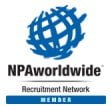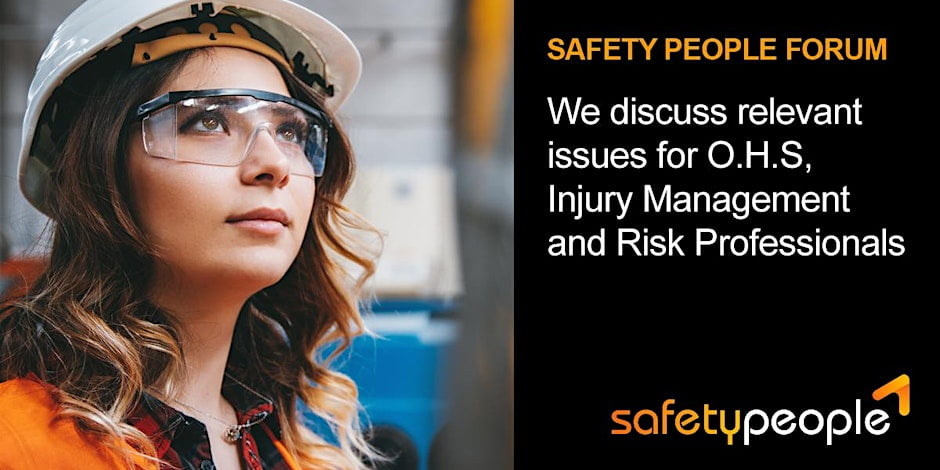Here’s what happens if you work from home without a routine
- Working constantly and ignoring the people I love.
- Never actually starting my workday.
My wife doesn’t love the first scenario, my manager doesn’t love the second, and I’m really not a big fan of either. So, despite my lifelong dream of living outside any structure whatsoever, I designed a workday for myself. You should too.
Working remotely means no one is going to impose a routine for you. There are no set times for breaks or lunch. And there’s no clearly defined end of the workday. You have to decide this all for yourself. Setting up a routine keeps your work-life balance from tipping too much toward work or too much toward life.
We’re a company of 300+ employees that’s been 100% remote from the beginning. Want to learn how we do it? Check out our ultimate guide to remote work.
Without a routine, you’ll work constantly
It’s easy to fall into bad habits at an office job. It’s even easier if you work from home. Everything you need to do your job is right there, in your house, at all hours. There’s nothing stopping you from working constantly, which is why you have to stop yourself. Routines help.
Figure out when it works for you to start work, then stick to that. I recommend not diving into work right after you wake up. Maybe have some breakfast, do some reading. Text a friend, make some coffee. Use the time that would otherwise be your commute to work out, take a run, or more realistically, rewatch whatever Netflix episode you fell asleep to last night.
Then, throughout the day, take breaks. Actual breaks, where you get up and do something that has nothing to do with your job. Get something to eat, do a little cleaning, maybe go outside. Just give your brain some time away from the task at hand. I recommend having a couple of breaks at the same time every day because otherwise, it’s really easy to forget to ever stop working. In an office, there are reminders to take a break: a coworker stopping by or a walk from your desk to a conference room. These sorts of pauses don’t happen at home, so you have to create them. Add a calendar appointment or set an alarm if you consistently forget. You should also pick a time when you’ll stop working, and stick to that too.
Maybe you like starting work immediately after you wake up, or sleeping in and working until dinner. You can do that! You have that flexibility while working from home. Just try to have some kind of consistent schedule or you might find that work is taking over every minute of your day. That’s not healthy, and it’s also not particularly productive.
Without a routine, your workspace and everything else will blur
Home is where your stuff is. It’s probably also where your family, roommates, and/or perfect little dog who is so, so, very good lives.
Part of having a routine means having a dedicated workspace—and making sure the people and creatures you live with think of it as your workplace.
I asked my Zapier coworkers about the biggest adjustments when it comes to working from home, and this one kept coming up. Doug brought it up immediately:
And this isn’t just about productivity. Not setting these boundaries can also make your home life worse, as my coworker Laurie pointed out.
Nothing about this is easy; routine helps. If you work on a semi-regular schedule, in the same place, the people in your life will eventually learn when it is and isn’t acceptable to interrupt you. That’s going to make getting things done a lot easier, but it’s also going to make it easier to get along with the people in your life.
Ideally, you’ll have space with a door that closes, but it’s not necessary. My desk is in the corner of my dining room, and my wife occasionally works from home. I put on headphones when I need to focus. Sometimes I’ll have music on, sometimes I’ll just wear them. What matters is the signal the headphones send: that I’m trying to focus.
Again, the specifics don’t matter—just that you have some kind of workspace routine, and that the people in your life know about it.
There’s also some room for variation. I highly recommend having a secondary workspace because changing things up can help when you’re feeling stuck.
Without a routine, you’ll feel isolated
There’s a reason TV studios keep making workplace comedies: work is one of the main places Americans socialize. It’s somewhere you go every day and interact with the same people, which is an environment that builds connections—sometimes good ones, sometimes…not.
You might think remote work means giving this up, but working from home doesn’t mean working alone. You still have coworkers, and you can still talk to them. But these conversations are less likely to happen naturally—you’re not going to run into anyone in the hallway, for example, or have lunch with folks in the break room. You have to be intentional about it. You’ll need to learn the art of making small talk while working remotely.
Here’s the thing: It’s hard to keep in touch with your coworkers if your schedule is totally different every day. I live on the U.S. west coast. I start work around 7:30 a.m., which gives me a chance to say hello to my east coast and European coworkers and possibly coordinate on a few things. I tend to do more of my heads-down, focused work in the afternoon when those same people are done with work for the day. I might say hi to coworkers on this coast, or over in Asia when I’m done. There’s a rhythm to this, and that helps me focus. Being able to talk to the same people around the same time every day also makes the entire endeavour feel less lonely.
A wildly divergent schedule can also make it harder to socialize with your local friends and family. If your workday ends at 5:00, your friends will know you’re free to hang out after then—and your schedule will probably line up with theirs. If your workday sometimes ends at 5:00 but sometimes ends at 11:00, you may or may not be in sync with those friends, and they will have no idea whether it’s worth inviting you to things. This becomes isolating, quickly, so it’s a good idea to have a routine even if no one is forcing you to.
Routine automates discipline
Not having a routine is the only thing worse than being stuck in one. This is counterintuitive—the word “routine” is literally used to mean “boring,” after all. You might think the whole point of working from home is avoiding all that.
But remote work is all about motivating yourself. You need to design systems that work for you and stick to them. A routine makes this a lot easier by removing decisions from your day. That also makes it easier to stay on track, both when you’re working and when you’re not.



